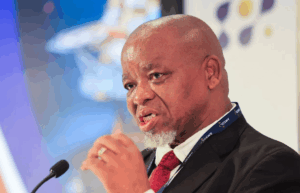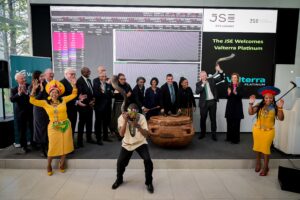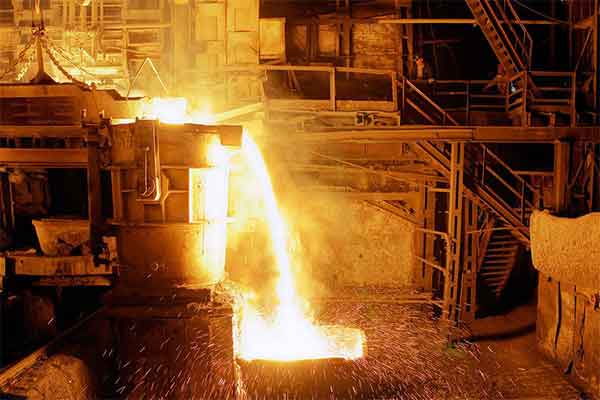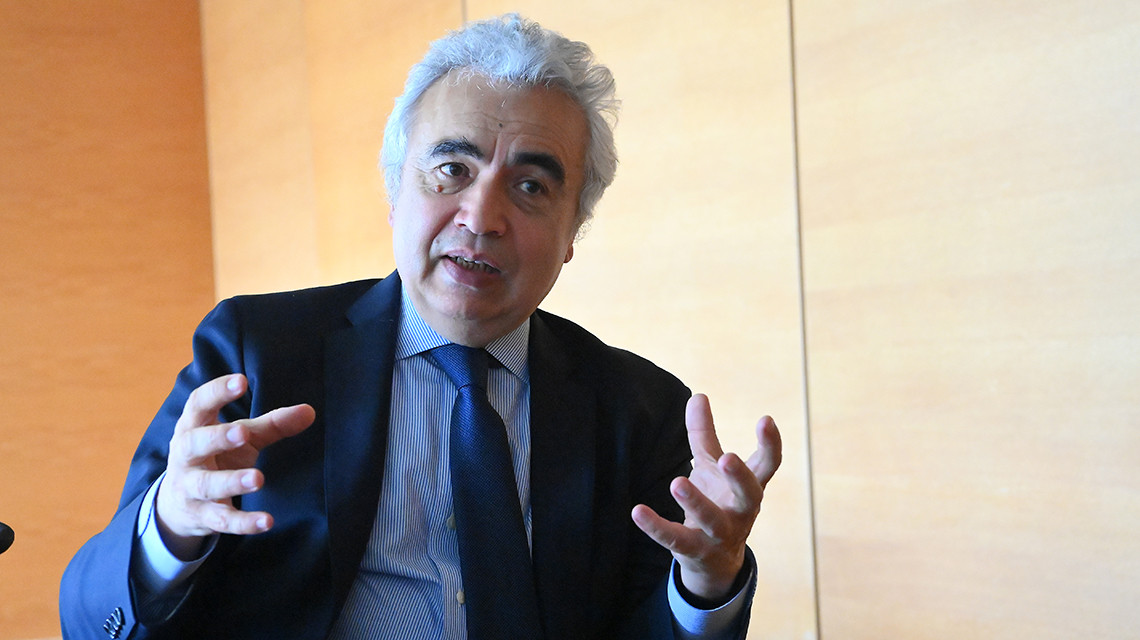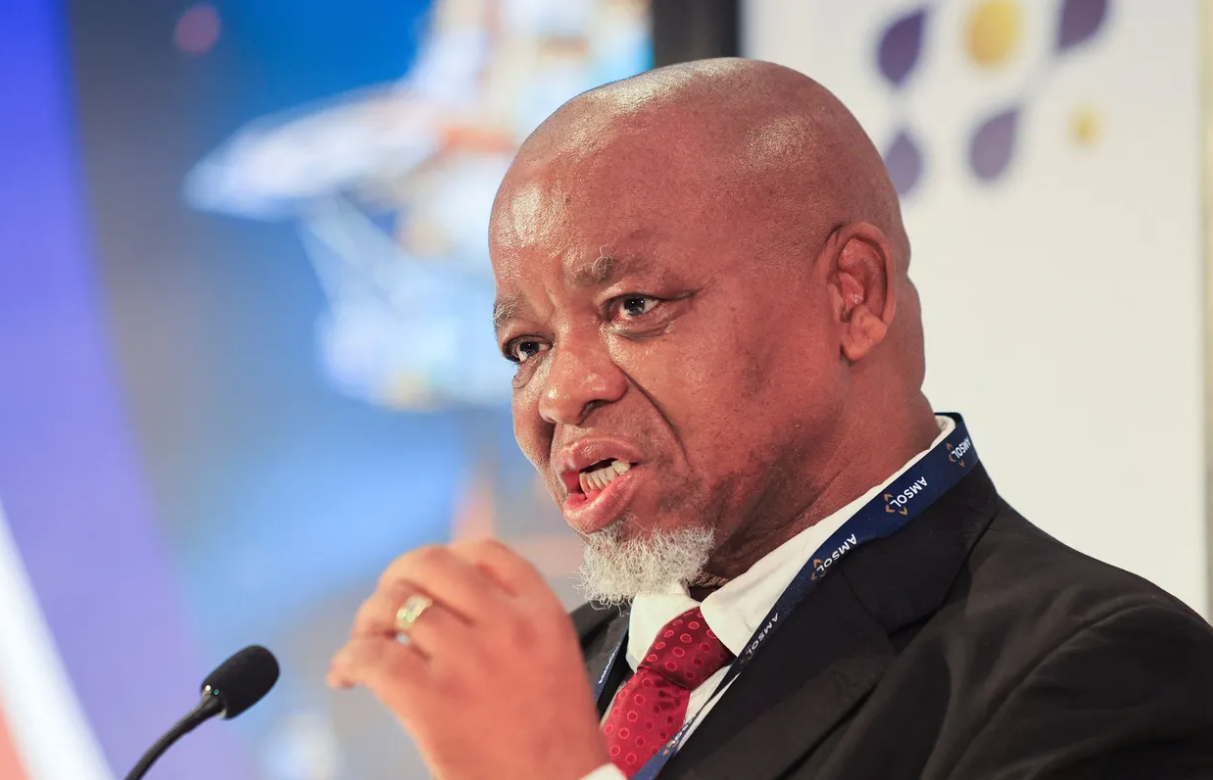Global iron ore giants Anglo-American, Rio Tinto, and BHP have launched a push to decarbonise the steel value chain through a variety of renewable energy initiatives.
In South Africa, Kumba Iron Ore, an Anglo-American subsidiary, has established a partnership with major steelmakers Salzgitter, ThyssenKrupp, Nippon, and Hyundai to investigate green steelmaking processes, update blast furnaces, and cut Scope 3 emissions.
This program includes a large investment by Kumba in solar facilities in the Northern Cape, as well as the use of green hydrogen to power fuel cell mine trucks, with the goal of lowering Scope 1 emissions. This includes plans to build a 65 MW solar facility at the Sishen iron-ore mine by 2025, as well as wheeled wind generation and storage by 2030, giving the corporation a route to zero Scope 2 emissions.
As part of Kumba’s sustainable mining strategy, the mine intends to reduce freshwater usage by 50% by 2030.Kumba provided about 7.5 billion litres of fresh water to communities during the first half of 2023 as a result of mine dewatering activities.
Kumba has committed to reducing greenhouse gas emissions by 30% by 2030 and becoming carbon neutral by 2040. Given that Kumba’s high-quality iron ore is ideal for direct reduction iron steelmaking, the company has developed partnerships to investigate optimal green steelmaking methods and boost blast furnace efficiency.
Australia’s two major iron ore producers and its largest steelmaker have joined forces to speed the decarbonization of steelmaking by agreeing to jointly examine the creation of the country’s first ironmaking Electric Smelting Furnace1 (ESF) pilot plant.
Under a new framework agreement, Rio Tinto, BHP and BlueScope will consolidate the work each party has completed to date, leveraging both BHP’s and Rio Tinto’s deep knowledge of Pilbara iron ores with BlueScope’s unique operating experience in ESF technology.
The collaboration provides a platform to develop and potentially invest in a pilot facility and aims to demonstrate that production of molten iron from Pilbara ores is feasible using renewable power when combined with Direct Reduced Iron (DRI) process technology. If successful, it could help open a potential pathway to near-zero greenhouse gas emission-intensity operations for steelmakers that rely on Australian iron ore to meet global steel demand.
The parties will assess several locations in Australia for the proposed pilot facility, and will consider factors like supporting infrastructure, available workforce, access to target industry and supply chain partners, and suitability for operational trials. The pre-feasibility study work program is expected to conclude at year-end. If approved, the pilot facility could be commissioned as early as 2027.




